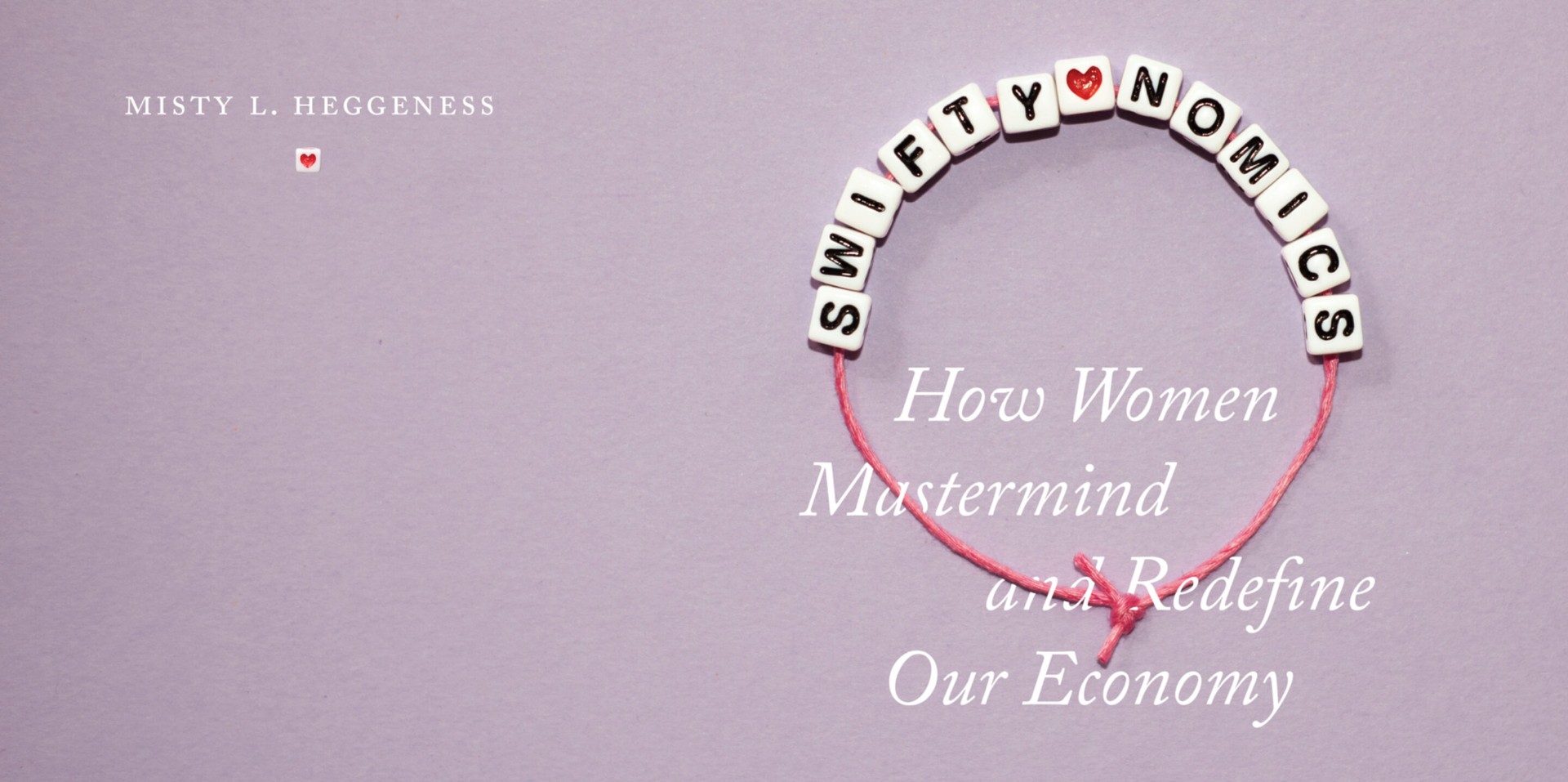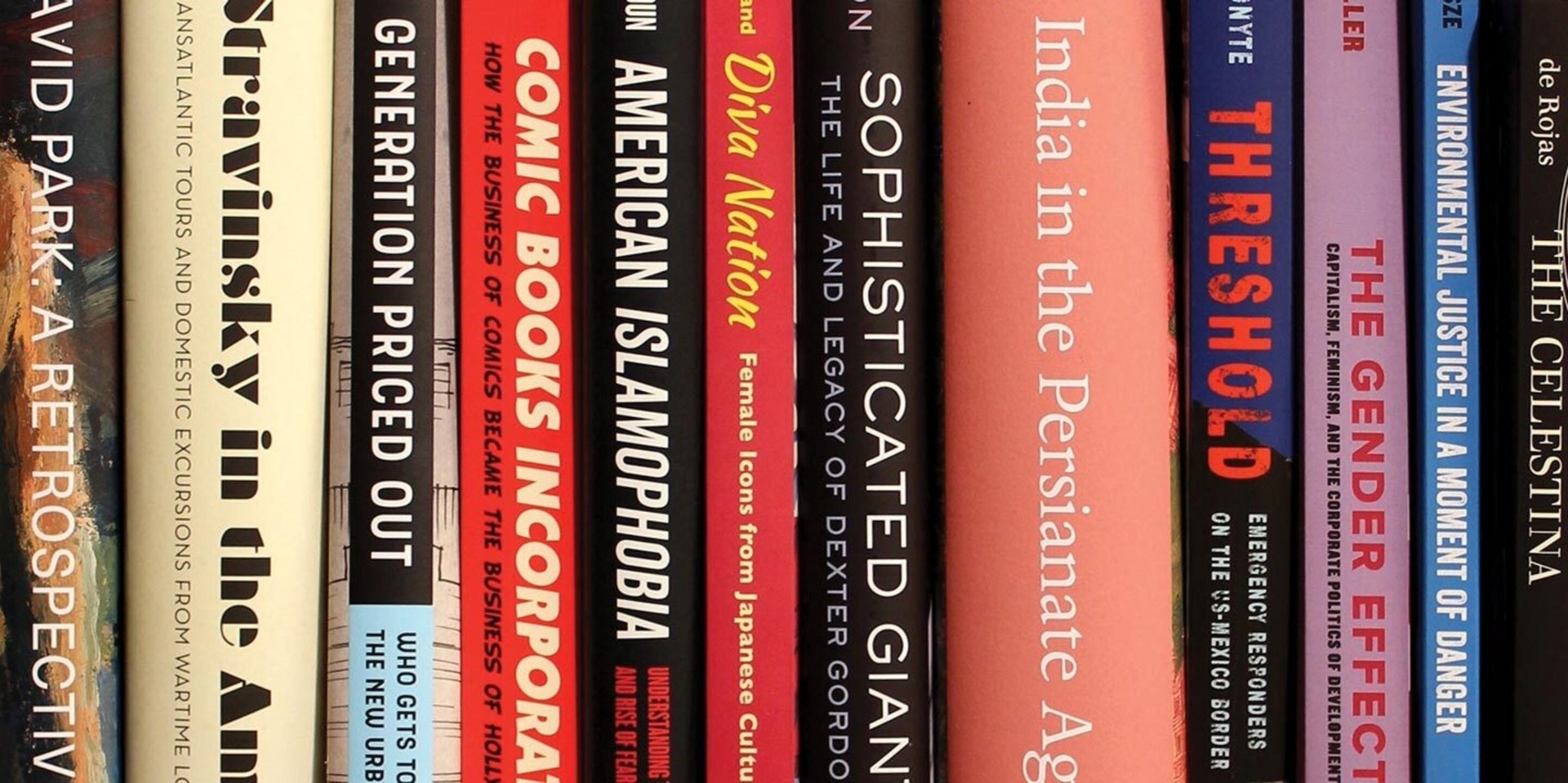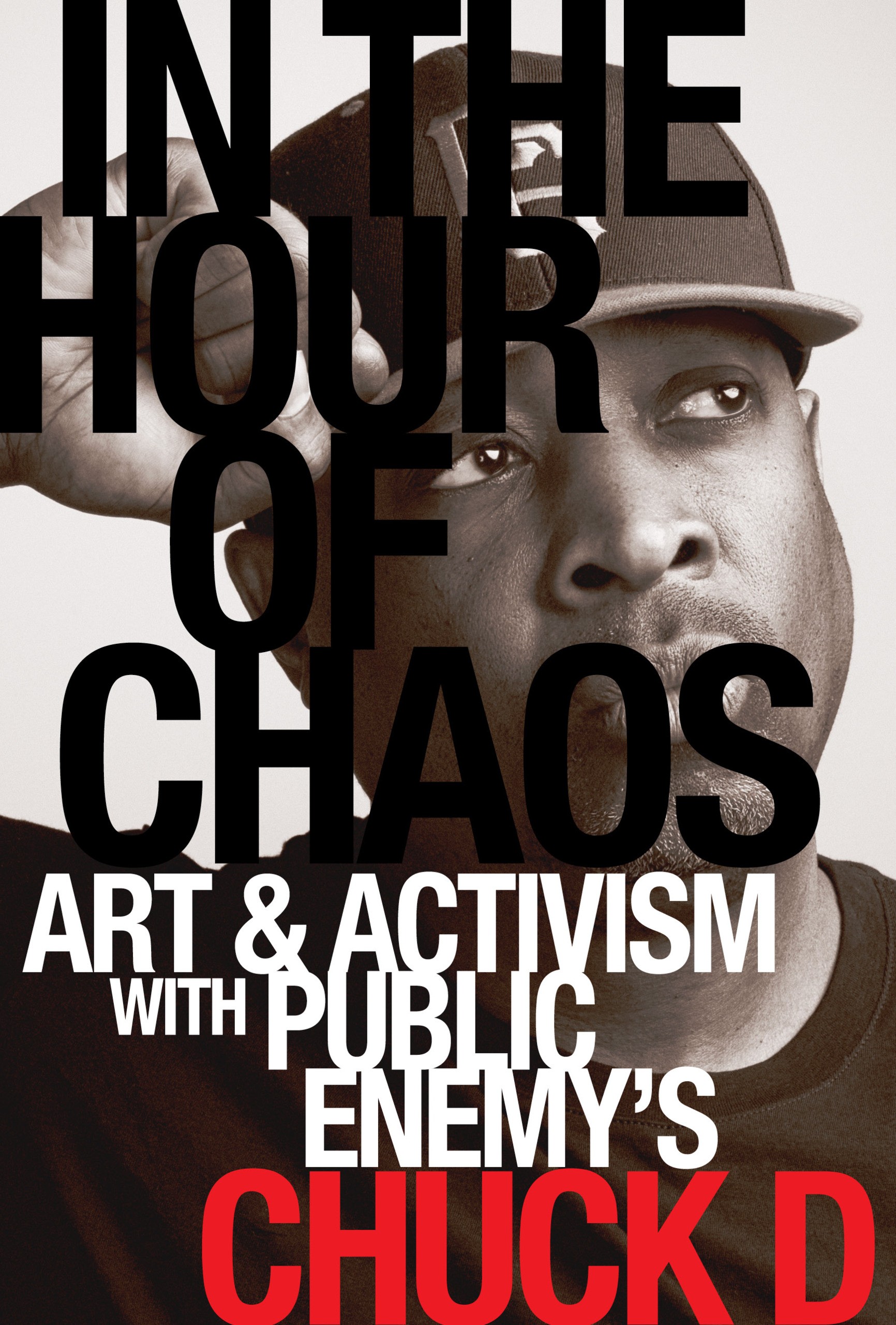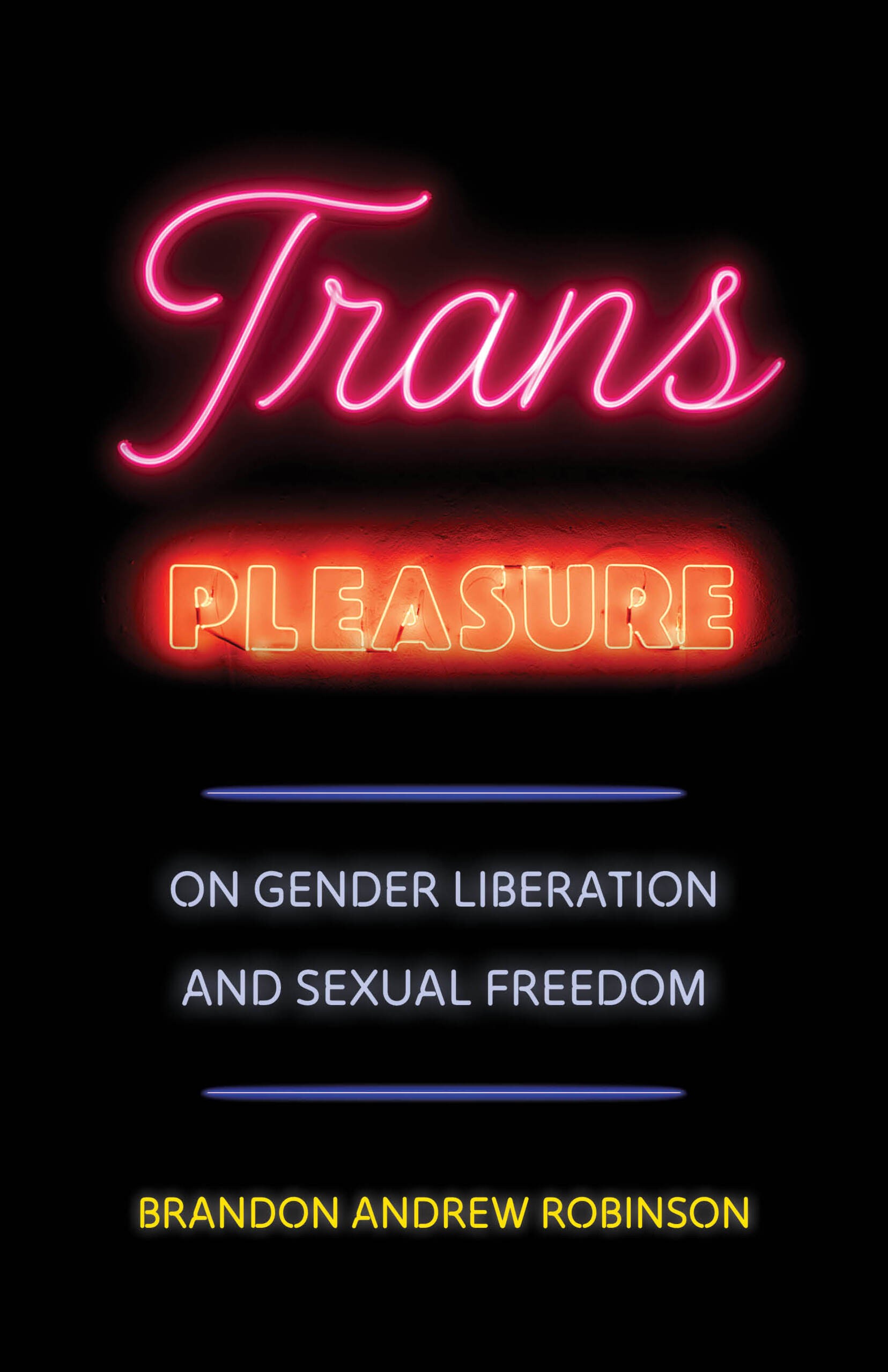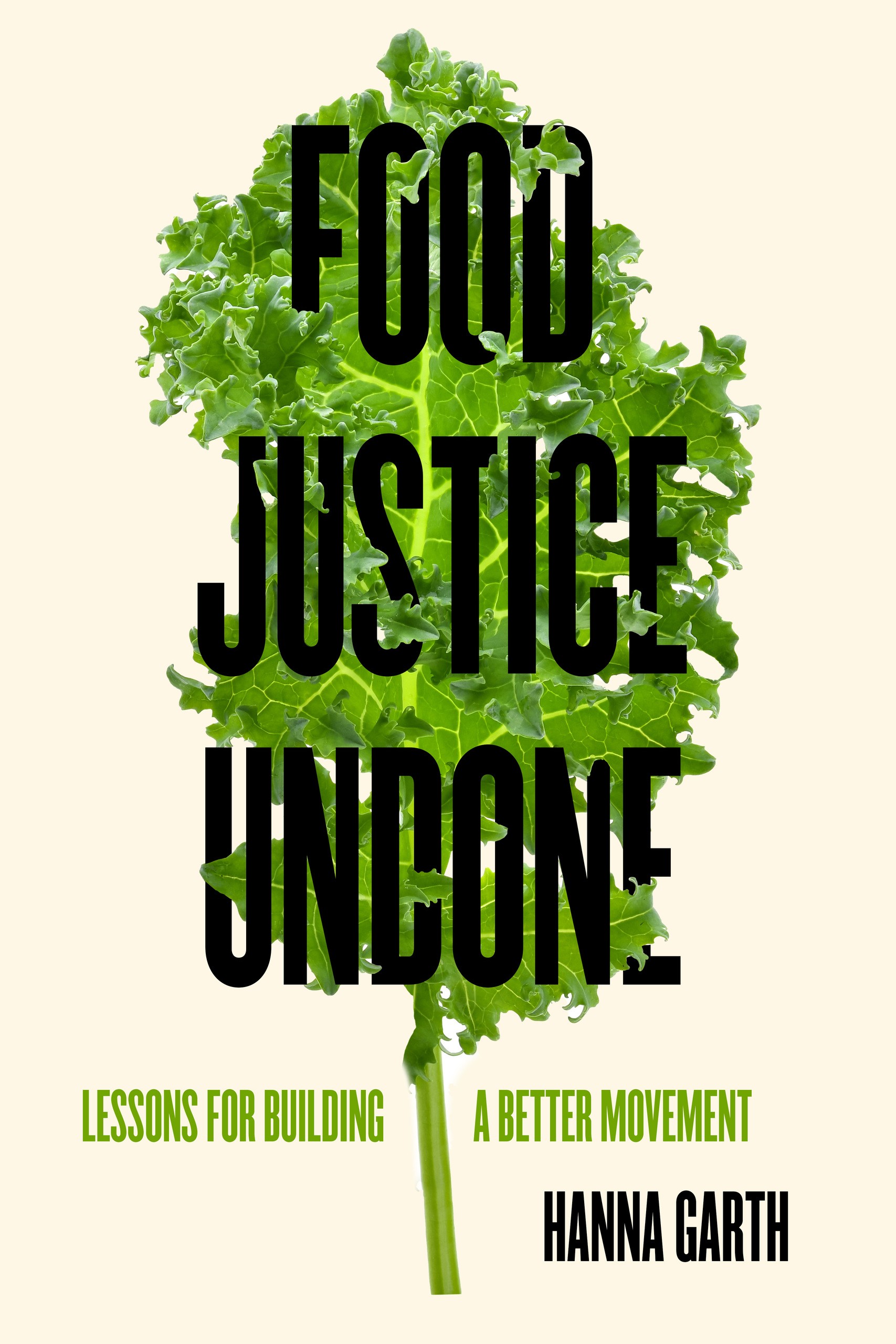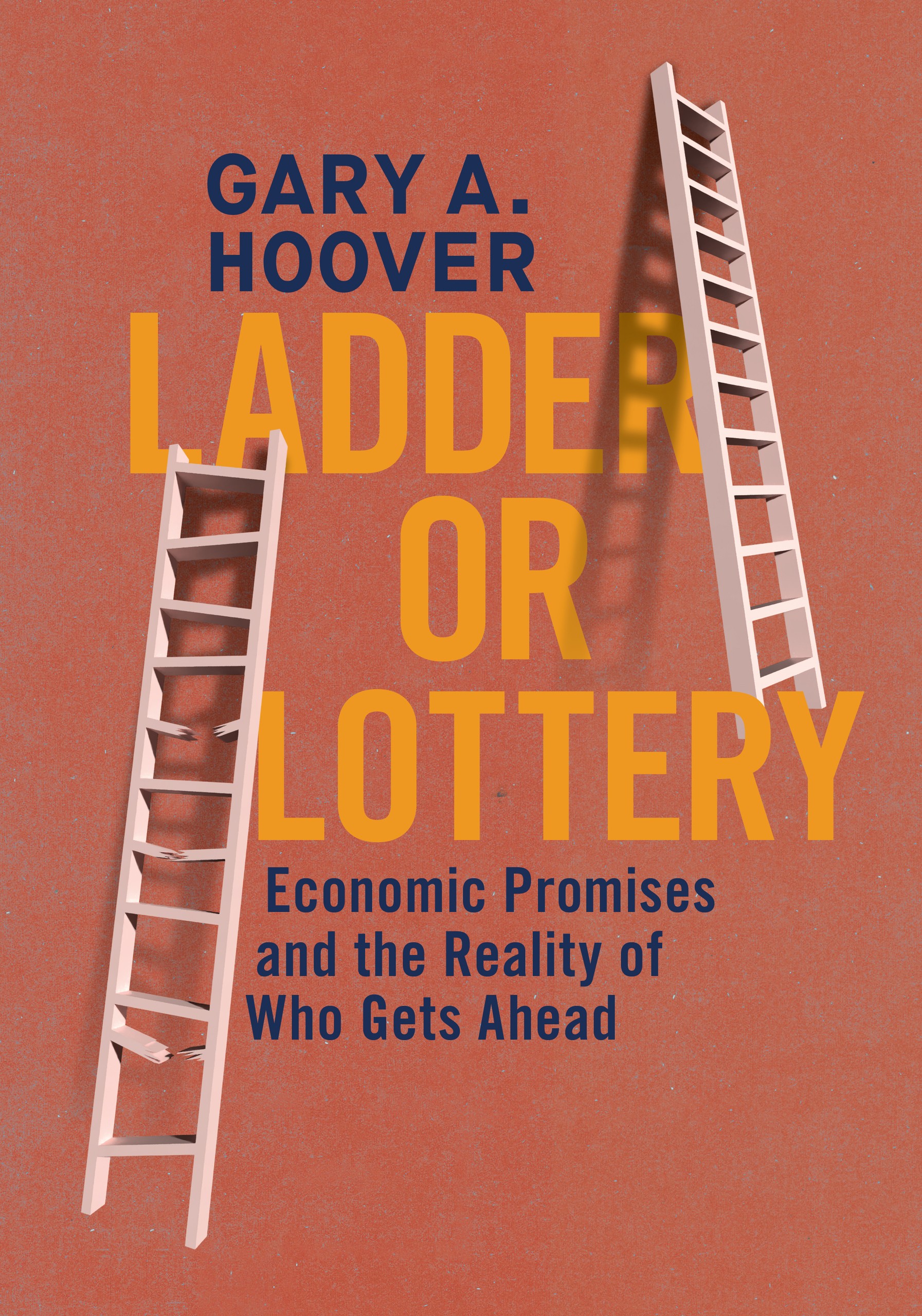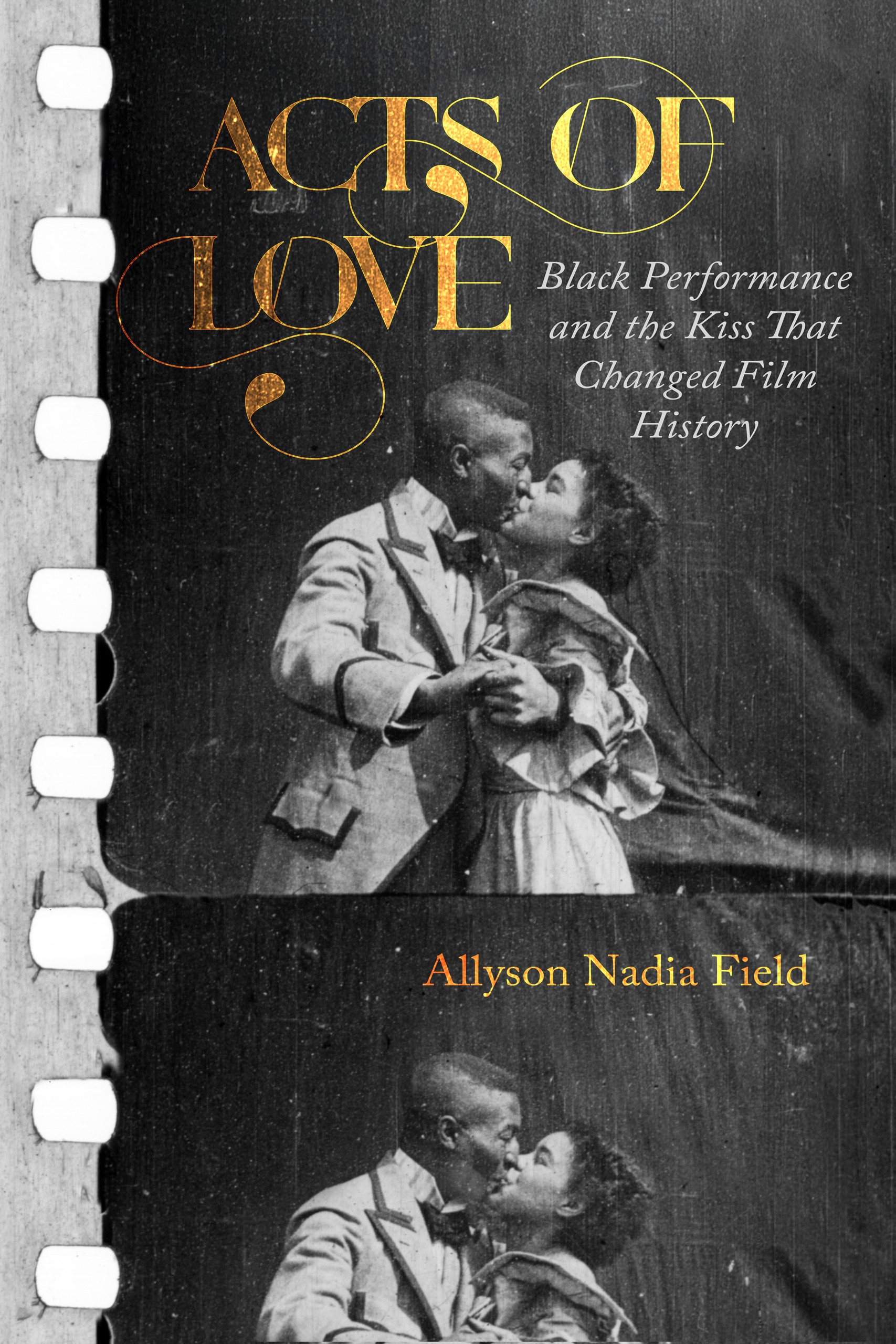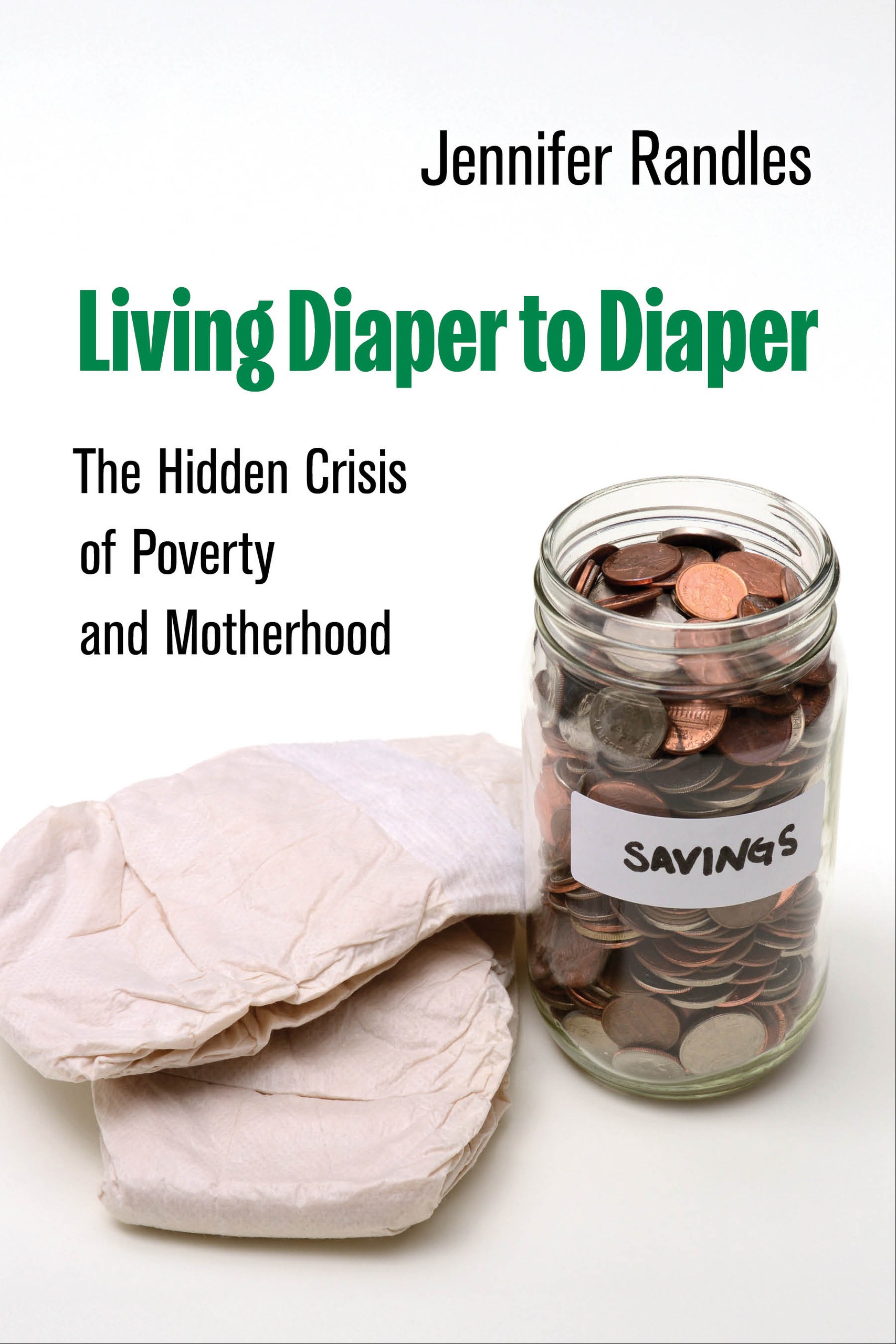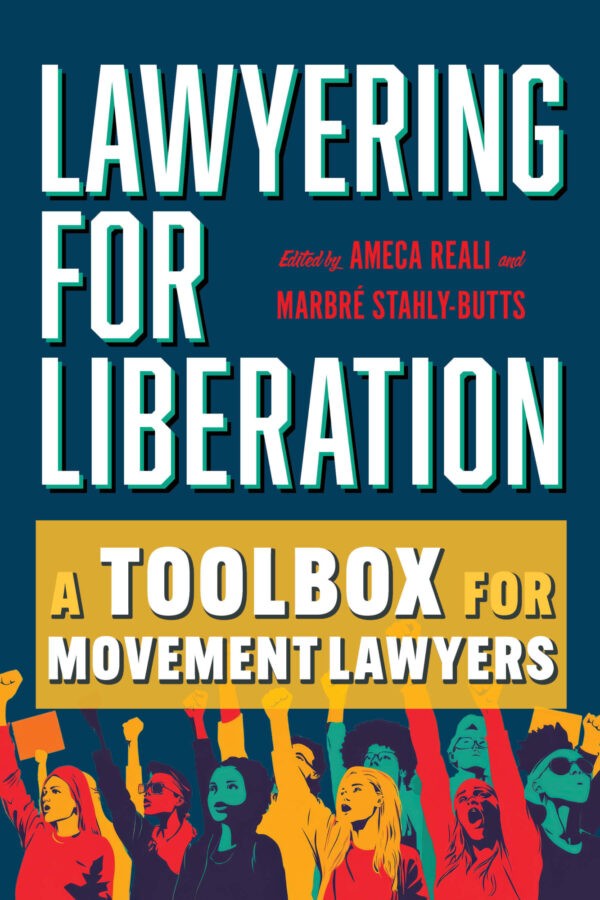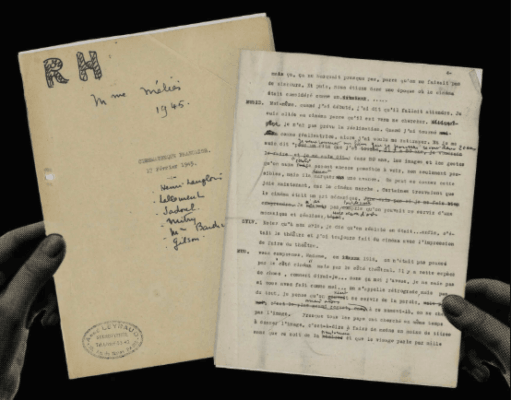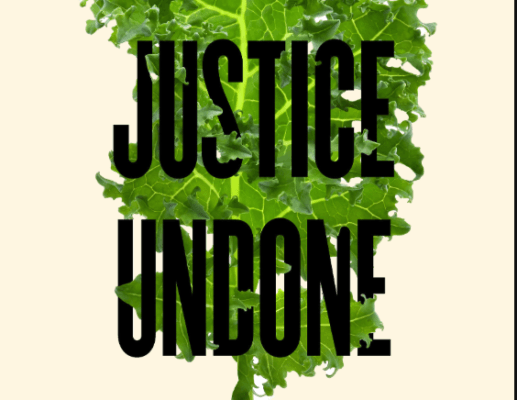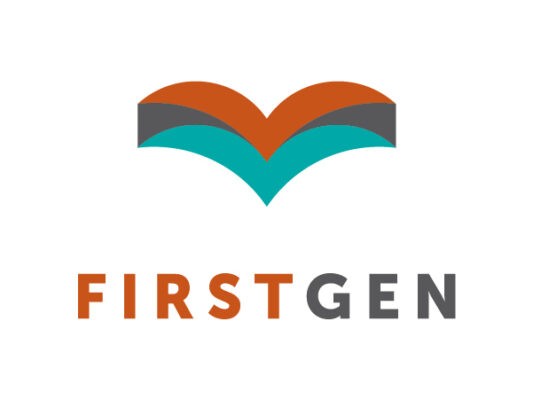Bibliotactics
Libraries in French colonial Vietnam functioned as symbols of Western modernity and infrastructures of colonial knowledge. Yet Vietnamese readers pursued alternative uses of the library that exceeded imperial intentions. In Bibliotactics: Libraries and the Colonial Public in Vietnam (U California Press, 2026), Cindy Any Nguyen examines the Hanoi and Saigon state libraries in colonial and postcolonial Vietnam, uncovering the emergence of a colonial public who reimagined the political meaning and social space of the library through public critique and day-to-day practice. Comprising government bureaucrats, library personnel, journalists, and everyday library readers, this colonial public debated the role of libraries as educational resource, civilizing instrument, and literary heritage.
Moving beyond procolonial or anticolonial nationalism framings, Bibliotactics advances a relational theory of power that centers public reading culture contextualized within the library infrastructure of the colonial information order. As the first comprehensive history of the colonial and national library in Asia, this book contributes new insights into publicity, colonial and postcolonial studies, and the histories of Vietnam, libraries, and information.
Bibliotactics is available open access from Luminosa. Visit here to download a copy for free.
Cindy Anh Nguyen is Assistant Professor in the Department of Information Studies and the Digital Humanities program at the University of California, Los Angeles.
Jen Hoyer is Technical Services and Electronic Resources Librarian at CUNY New York City College of Technology. She is co-author of What Primary Sources Teach: Lessons for Every Classroom (2022) and The Social Movement Archive (2021), and co-editor of Armed By Design: Posters and Publications of Cuba’s Organization of Solidarity of the Peoples of Africa, Asia, and Latin America (2025).

